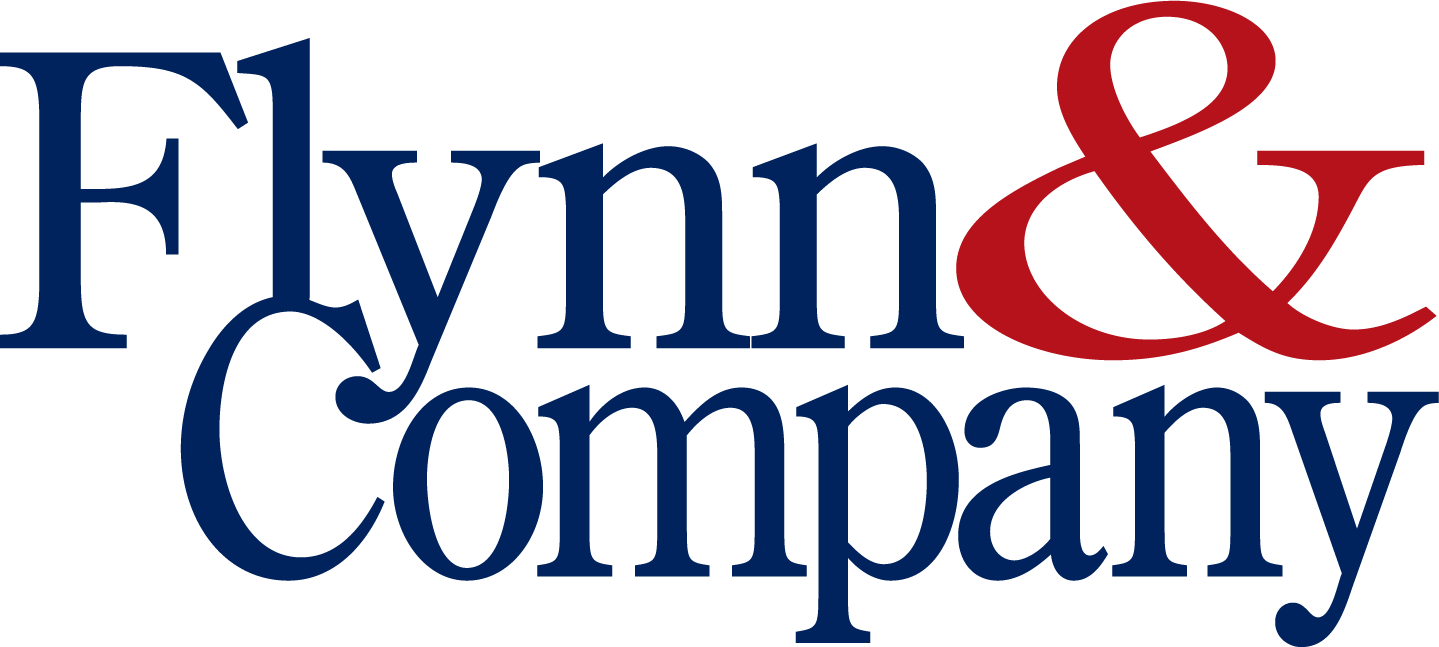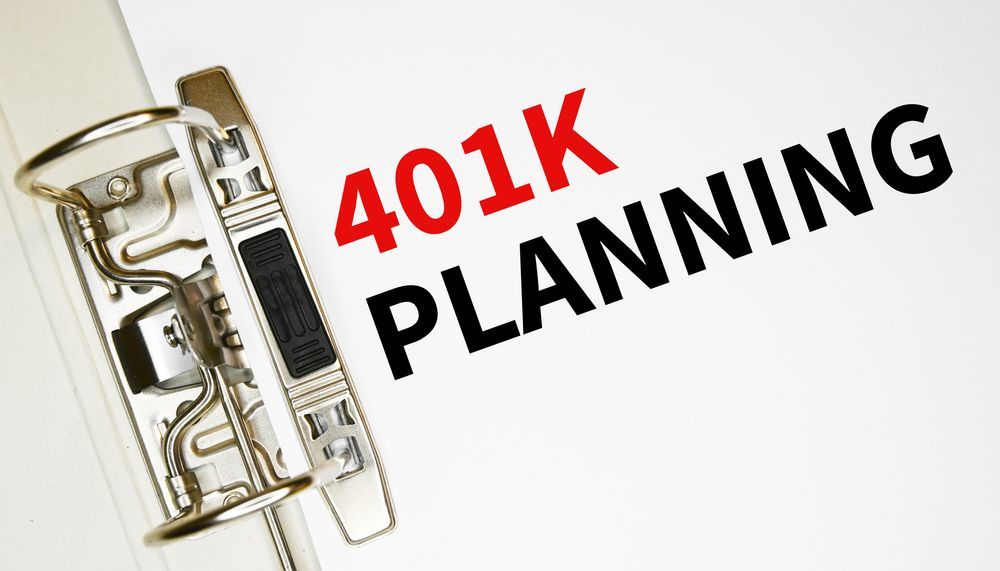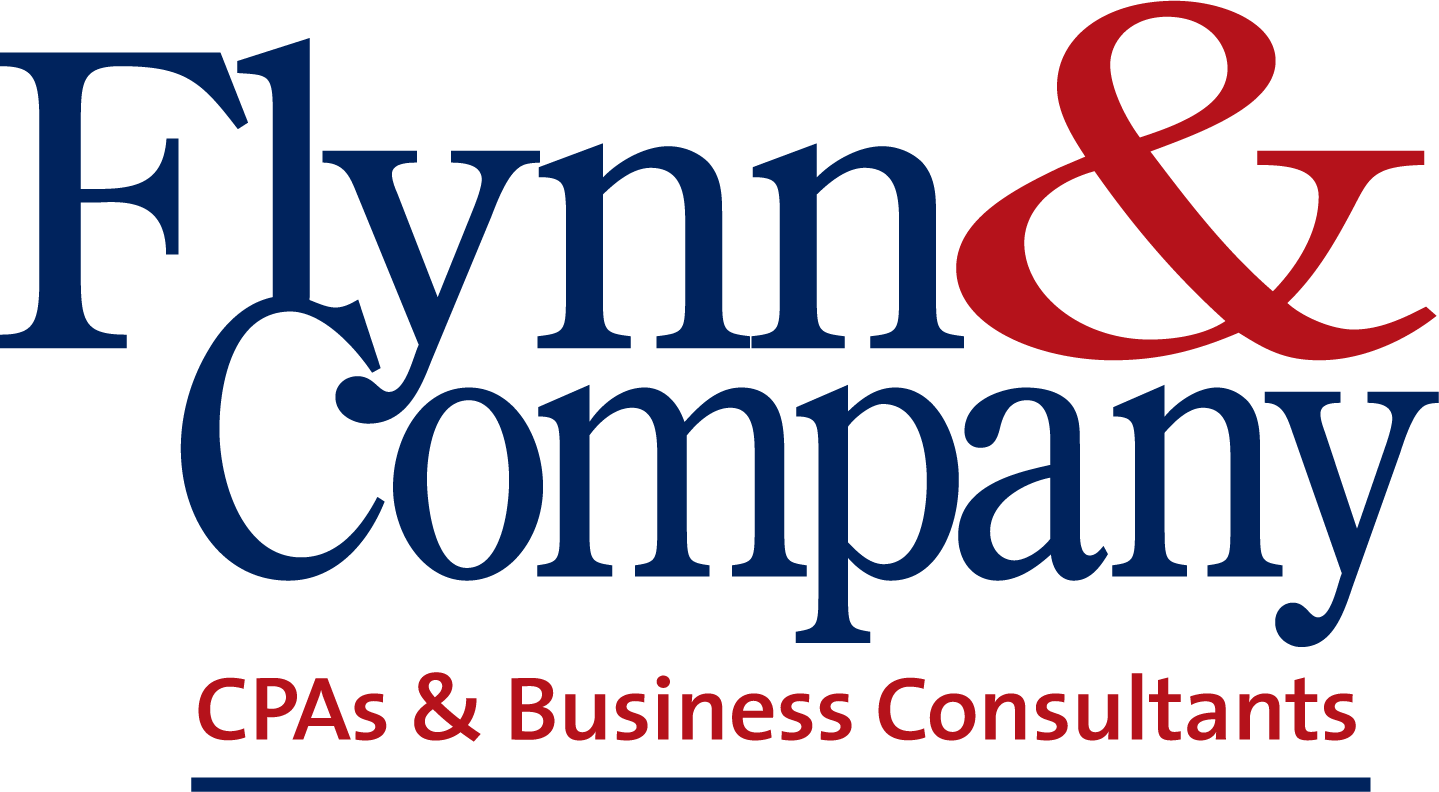Small Business Tax Preparation Checklist
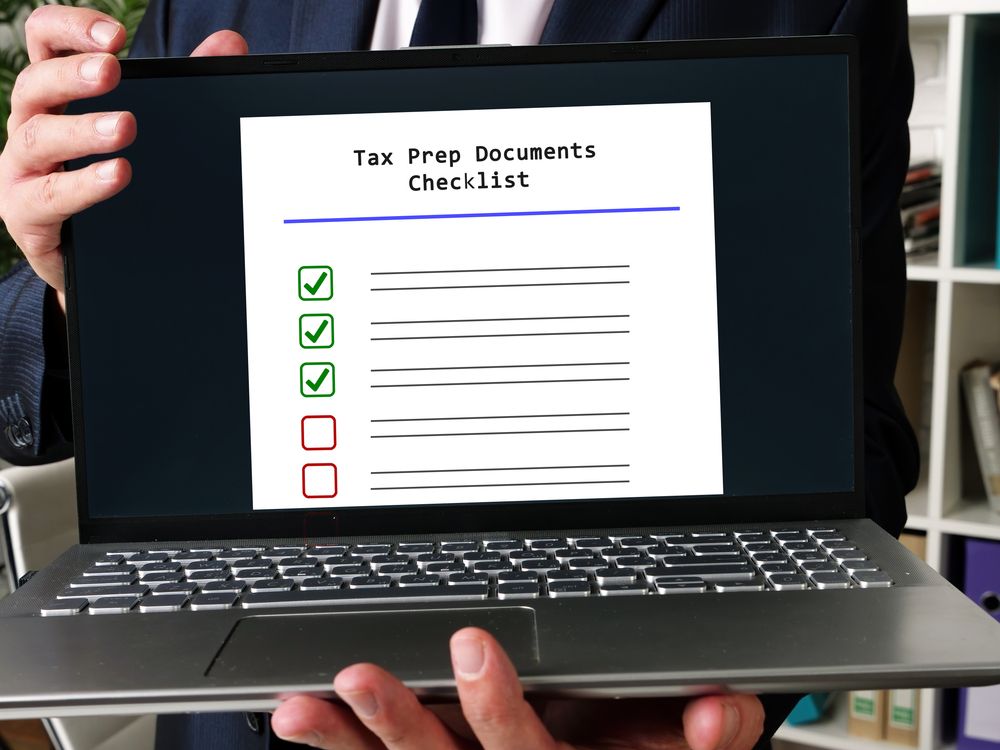
Having a small business tax prep checklist helps business owners lower their tax liabilities. A tax preparation checklist that you can refer to throughout the year provides a proactive financial management tool that helps ensure that the tax season is less stressful – and, maybe less expensive than you expected! The following tips from our tax team will help you organize your tax documents and get the best possible outcome when you file your small business taxes.
Before we talk about creating a checklist, let's talk about why every small business needs a tax preparation checklist in the first place.
Why Every Small Business Needs A Tax Preparation Checklist
The simplest answer to the question of why a tax preparation checklist is so vital for small businesses is that it is a way to ensure you file accurate returns. A comprehensive checklist can be aligned with your specific industry and business operations.
So, whether you are a sole proprietor running a home remodeling company, a healthcare provider, or a real estate agent, your checklist will include updating financial reports, gathering documents, filing forms, and finding the receipts necessary to report expenses properly.
Now that you know why you need a tax prep checklist, review the following suggestions that your checklist should include.
Tax Preparation Checklist: A Sample List
Use this list to create your own personalized checklist.
- Identify which tax forms you need for filing local, state, and federal tax reports
- Gather financial reports such as your balance sheet and profit and loss statement.
- Organize receipts for business expenses paid out of pocket.
- Make sure you have all 1099s or point of sale reports to support income earned.
- Issue 1099s as needed to contractors you paid.
- Update equipment files and expenses, including your automobile mileage log(s) and lease information.
- Make a note of estimated tax payments and/or quarterly payments made to prepay annual tax liabilities.
- Pull documentation for asset purchases and capital investments – think contracts, receipts, and other paperwork.
- Remember to update business ownership changes made during the year. This includes bringing on a new partner or investor as well as buying out partners. Determine if ownership changes change your filing status or the forms you need to submit.
- Confirm loan balances are accurately reflected on financial reports such as the balance sheet.
- Request a filing extension if you think you need more time.
You may have a longer list than the one above, but these 11 items cover the basics for most small businesses. Consulting your bookkeeper or tax professional is an excellent way to make sure you get everything on your list you will need to provide for an accurate overview of business financial activities. To maximize tax savings potential, schedule an appointment with your CPA or external bookkeeper to discuss your checklist draft.
Understanding what you need to gather and organize to simplify the tax season will help you navigate the complex tax code. Now, let's discuss three items on the checklist a bit more in-depth: the balance sheet, financial records gathering, and expert tax support. We will start with ensuring your balance sheet is accurate.
Ensure Your Balance Sheet Is Up-To Date
Ensuring your balance sheet is accurate is imperative to filing an accurate tax return. According to the Small Business Administration (SBA): “A balance sheet is a statement of a business’s assets, liabilities, and owner’s equity as of any given date. Typically, a balance sheet is prepared at the end of set periods (e.g., every quarter; annually).”
The SBA explains that only those C corporations with receipts and total assets in excess of $250,000 annually are required to file Form 1120 and a back-up balance sheet. However, if you elect to be taxed as an S-corp and you have more than $250,000 in net receipts, you will also need to file a balance sheet. Even if you don't fall into this category, your CPA or tax professional will want to see your assets equal the combination of liabilities and owner's equity.
It is important to note that while we are discussing tax filing implications, there are other reasons to keep an up-to-date balance sheet. For one thing, lenders will want to see the balance sheet as they consider loan applications. Because this report provides a snapshot of the items affecting the debt-to-ratio, investors may want to see several consecutive balance sheets. Changes may reflect growth or financial decline.
Small business owners can also benefit from reviewing their balance sheets periodically because owner equity changes provide clues that financial strategies may need to be tweaked. As an example, declining or stagnant owner equity levels may indicate debt is too high – or income is too low – to support desirable profit margins. Prices may need to be increased or debt paid down, if possible.
Gather Financial Records
Now that you know why you need an accurate balance sheet, let's move on to gathering financial records necessary for small business tax preparation. If you're using business accounting software, you can quickly generate financial statements. Businesses that are paper-based will need to pull receipts, check stubs, and other items manually.
Financial records you'll need for your tax return include, but may not be limited to the following:
- Accounting documentation (think accounts payable, accounts receivable, employee reimbursement, and payroll records)
- Asset acquisition paperwork
- Bank account statements (and reconciliation)
- Business ownership records
- Credit card and loan statements
- Depreciation/amortization schedules
- Income statements
- Prior year tax return
- Profit & loss statement
- Up-to-date balance sheet
Meet With An Expert
Working with a tax expert experienced in your industry provides you with an advocate that can help you achieve the best outcomes during the tax season. While we've covered the basics in this article, meeting with an expert will ensure you don't overlook anything that could cost you money down the road if your return has to be amended to correct inaccuracies. Even worse, you may owe additional taxes and penalties that could have been avoided.
Flynn & Company tax professionals can help you create a tax preparation checklist designed to maximize savings by reducing your tax liabilities.
Contact us for more information today!
